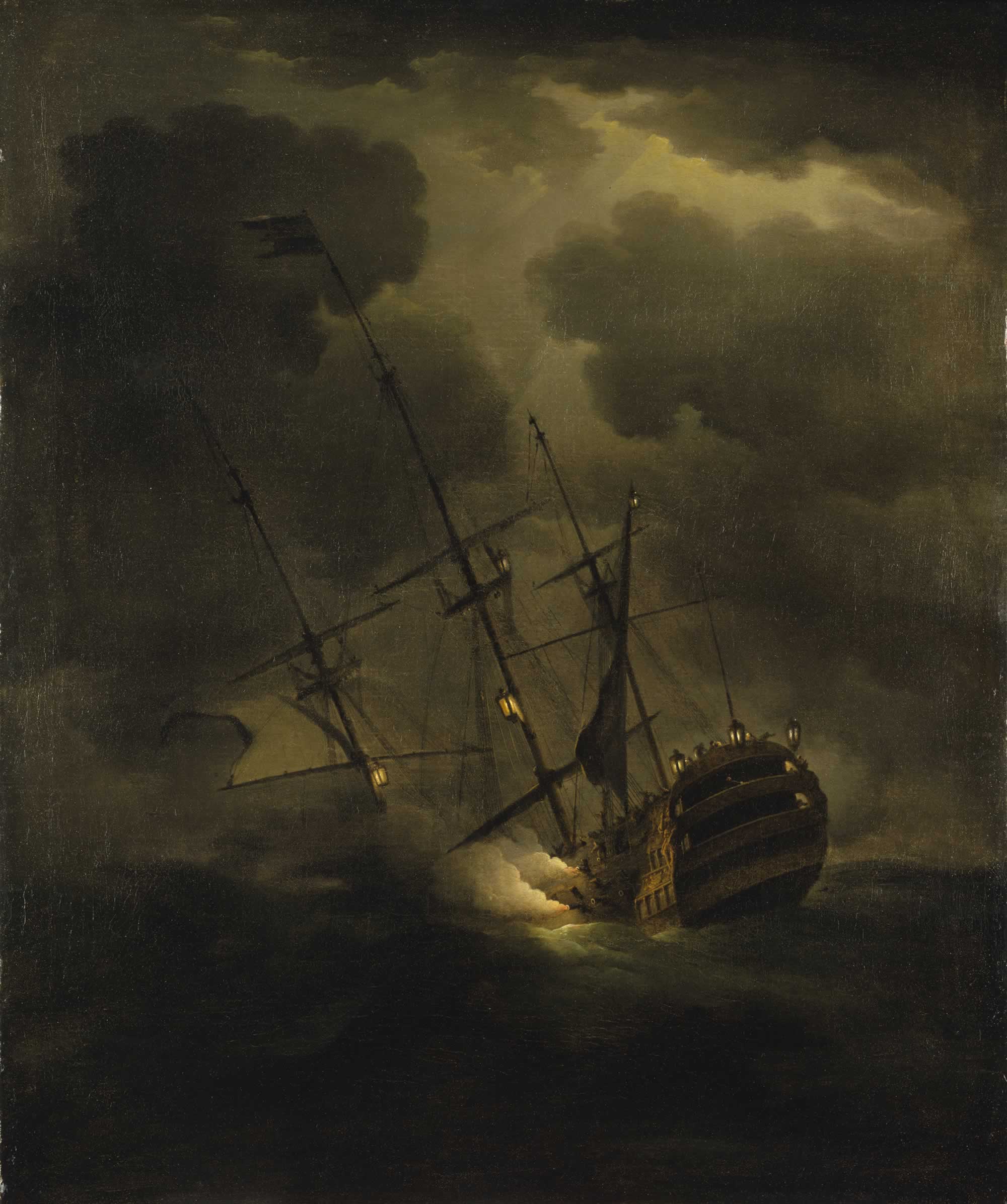|
Vendado Es Amor, No Es Ciego
'' Vendado es Amor, no es Ciego'' is a 1744 zarzuela by José de Nebra José Melchor Baltasar Gaspar Nebra Blasco (January 6, 1702 – July 11, 1768) was a Spanish composer and organist from the Baroque period. His work combines Spanish traditions with the Italian style of his day. Biography Family José de Nebra w ..., premiered in Madrid.Teatro y música en España (siglo XVIII) 1996 Vendado es Amor, no es Ciego Recording * ''Vendado es Amor, no es Ciego'' - Los Elementos, Alberto Miguelez Rouco Glossa 2CD 2020 References Compositions by José de Nebra 1744 operas Zarzuelas Spanish-language operas Baroque compositions Operas {{opera-stub ... [...More Info...] [...Related Items...] OR: [Wikipedia] [Google] [Baidu] |
Zarzuela
() is a Spanish lyric-dramatic genre that alternates between spoken and sung scenes, the latter incorporating operatic and popular songs, as well as dance. The etymology of the name is uncertain, but some propose it may derive from the name of a royal hunting lodge, the Palace of Zarzuela, near Madrid, where that type of entertainment was allegedly first presented to the court. The palace in turn was named after the brambles () that grew there. There are two main forms of ''zarzuela'': Baroque ''zarzuela'' (), the earliest style, and Romantic ''zarzuela'' (). Romantic zarzuelas can be further divided into two main subgenres, ''género grande'' and '' género chico'', although other sub-divisions exist. ''Zarzuela'' spread to the Spanish dominions, and many Spanish-speaking countries – notably Cuba – developed their own traditions. ''Zarzuela'' is also a strong tradition in the Philippines, where it is also referred to in certain languages as . Other regional an ... [...More Info...] [...Related Items...] OR: [Wikipedia] [Google] [Baidu] |
José De Nebra
José Melchor Baltasar Gaspar Nebra Blasco (January 6, 1702 – July 11, 1768) was a Spanish composer and organist from the Baroque period. His work combines Spanish traditions with the Italian style of his day. Biography Family José de Nebra was born in Calatayud and was taught by his father, José Antonio Nebra Mezquita (1672–1748), organist and master of choirboys at the Cathedral of Cuenca from 1711 until 1729 before becoming chapel master. His two brothers were also musicians: Francisco Javier Nebra Blasco (1705–1741), organist of La Seo in Zaragoza until he moved to Cuenca in 1729, then succeeded by his brother Joaquín Ignacio Nebra Blasco (1709–1782) till his death. Career José de Nebra relocated to Madrid early in his career, where he served as the organist at the Descalzas Reales convent in 1719. In 1722, he joined the chapel of the Osuna noble household. There, he started composing music for commercial theatres in Madrid alongside Antonio Literes and Ant ... [...More Info...] [...Related Items...] OR: [Wikipedia] [Google] [Baidu] |
Compositions By José De Nebra
Composition or Compositions may refer to: Arts and literature *Composition (dance), practice and teaching of choreography *Composition (language), in literature and rhetoric, producing a work in spoken tradition and written discourse, to include visuals and digital space *Composition (visual arts), the plan, placement or arrangement of the elements of art in a work * ''Composition'' (Peeters), a 1921 painting by Jozef Peeters *Composition studies, the professional field of writing instruction * ''Compositions'' (album), an album by Anita Baker *Digital compositing, the practice of digitally piecing together a still image or video *Musical composition, an original piece of music, or the process of creating a new piece Computer science *Compose key, a key on a computer keyboard *Compositing window manager a component of a computer's graphical user interface that draws windows and/or their borders *Function composition (computer science), an act or mechanism to combine simple functi ... [...More Info...] [...Related Items...] OR: [Wikipedia] [Google] [Baidu] |
1744 Operas
Events January–March * January 6 – The Royal Navy ship ''Bacchus'' engages the Spanish Navy privateer ''Begona'', and sinks it; 90 of the 120 Spanish sailors die, but 30 of the crew are rescued. * January 24 – The Dagohoy rebellion in the Philippines begins, with the killing of Father Giuseppe Lamberti. * February 22– 23 – Battle of Toulon: The British fleet is defeated by a joint Franco-Spanish fleet. * February 27 – Violent storms frustrate a planned French invasion of Britain. * March 1 (approximately) – The Great Comet of 1744, one of the brightest ever seen, reaches perihelion. * March 13 – The British ship ''Betty'' capsizes and sinks off of the Gold Coast (modern-day Ghana) near Anomabu. More than 200 people on board die, although there are a few survivors. * March 15 – France declares war on Great Britain. April–June * April – '' The Female Spectator'' (a monthly) is founded by Eliza Haywoo ... [...More Info...] [...Related Items...] OR: [Wikipedia] [Google] [Baidu] |
